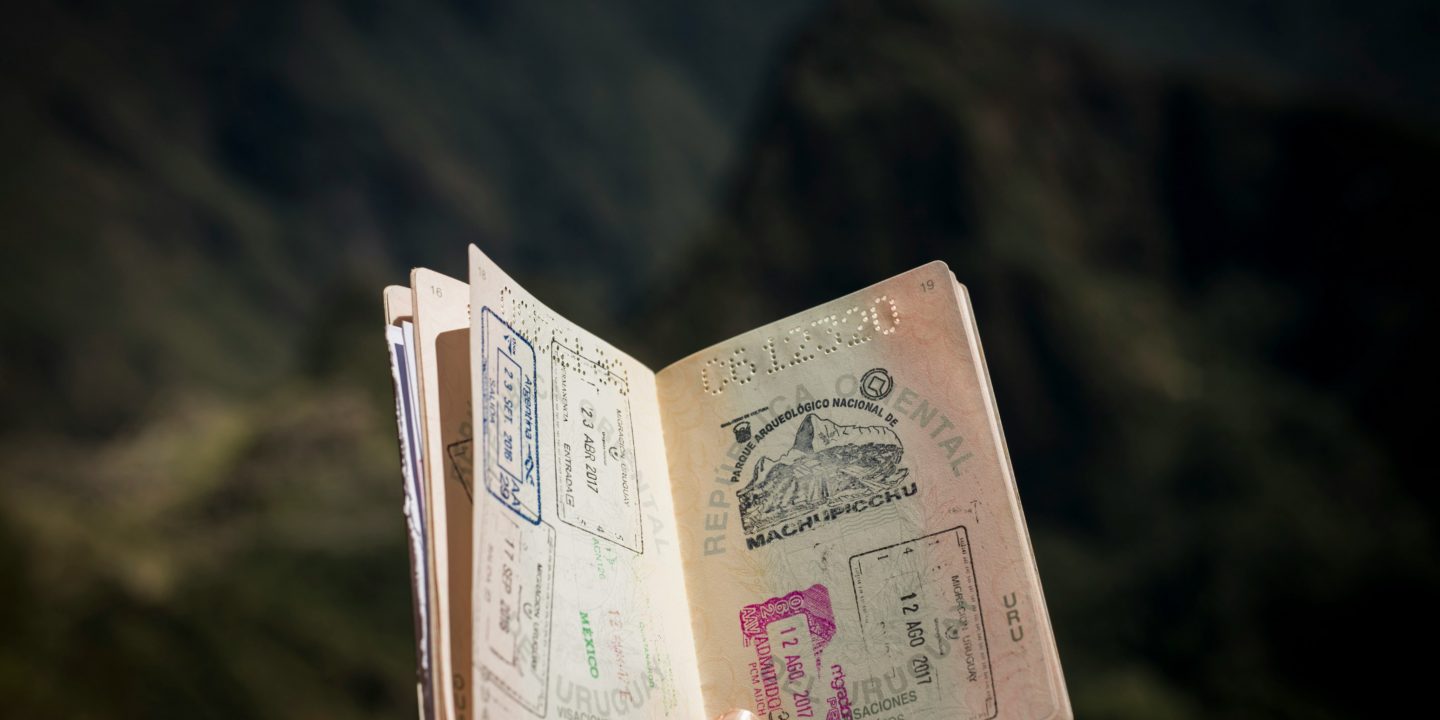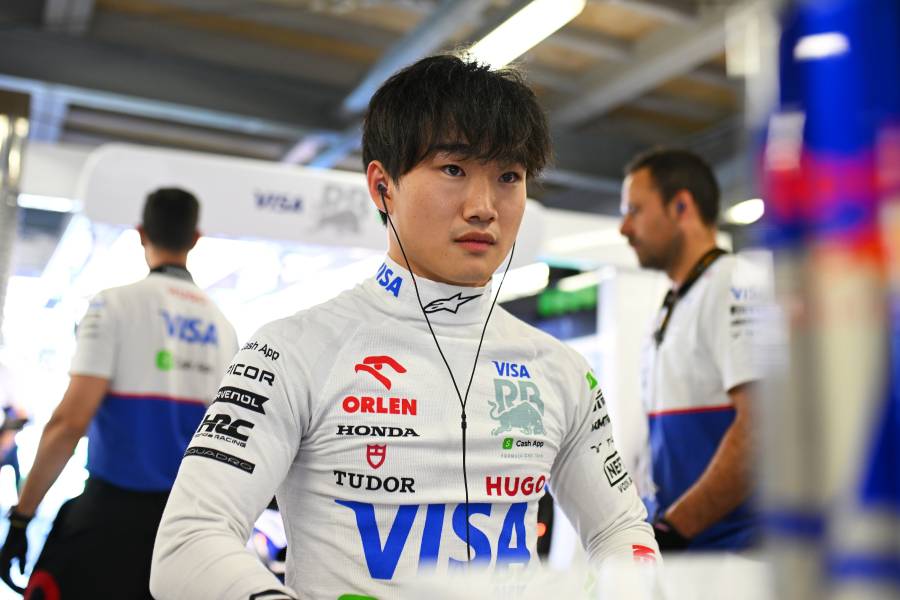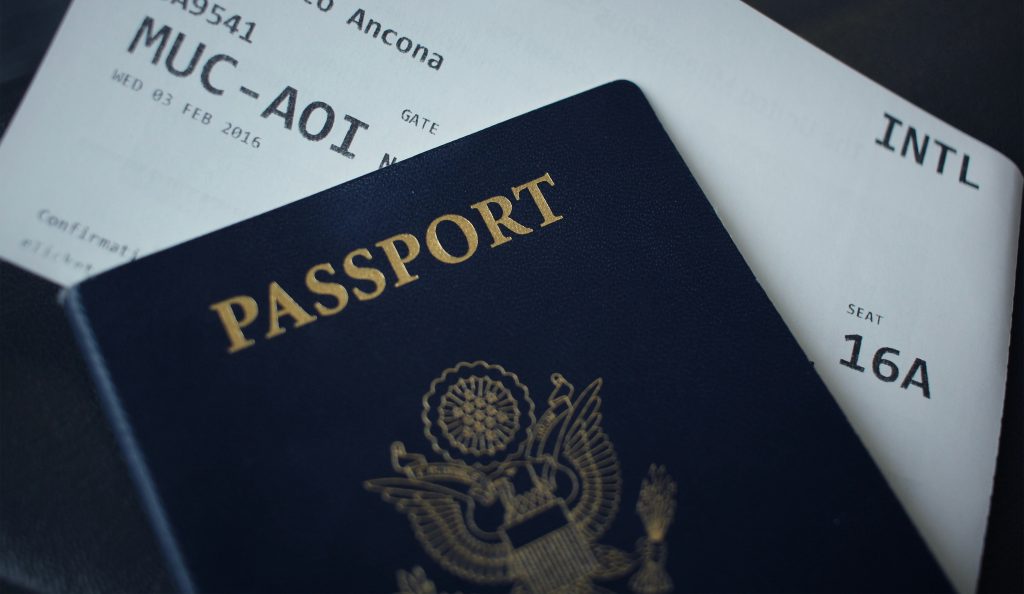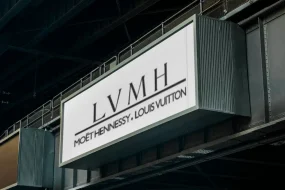
Imagine this: you’re a world-class athlete, a Formula 1 driver traveling the globe, adored by fans, and backed by a powerhouse team. You’ve got your race schedule, your team behind you, and a valid visa in your passport. Everything seems set… until an immigration officer stops you at the border.
This isn’t fiction; it’s exactly what happened to Yuki Tsunoda, the talented Japanese driver for Scuderia AlphaTauri. Even with a valid U.S. visa, Tsunoda faced complications while trying to enter the United States. His story highlights a truth that many travelers overlook: a visa is not a golden ticket—it’s more like a permission slip, and the final say rests with the immigration officer at the border.
But how does this happen? Let’s dive into Tsunoda’s experience and unravel the mysteries of visas, border control, and why even stars can get stuck in limbo.
When a Visa Isn’t Enough: Tsunoda’s Rough Pit Stop
Tsunoda’s situation shines a spotlight on the unpredictable nature of immigration. While the details of his ordeal are under wraps, it’s likely that heightened security protocols or administrative hiccups flagged his entry for extra scrutiny.

In the U.S., Customs and Border Protection (CBP) officers hold immense discretionary power. Even with a perfectly valid visa, they can deny entry if they believe:
- You might overstay your visa or misuse it.
- Your documentation doesn’t back up your travel intent.
- You’re a potential security risk (spoiler: you’re probably not).
For Tsunoda, it could have been as simple as a mix-up in paperwork or as complicated as evolving visa policies for athletes. Regardless, it’s a reminder that border checks can be nerve-wracking—even if you’re a Formula 1 driver with millions of fans cheering you on.
What Exactly Is a Visa?
A visa is essentially an invitation: it lets you board a flight and show up at a country’s doorstep. However, it doesn’t guarantee you’ll be let in. The decision ultimately rests with immigration officers who assess your eligibility on arrival.
How Visas Work
Visas are issued for specific purposes, like tourism, work, or study, and they come with conditions:
- Duration: How long you’re allowed to stay.
- Purpose: Why you’re visiting (e.g., don’t try working on a tourist visa).
- Entries: Some visas are single-entry, while others let you come and go multiple times.
For example, Tsunoda’s visa likely fell under a specialized category for professional athletes, granting him temporary entry for sports events. Even so, he wasn’t immune to border scrutiny.
Can You Be Denied Entry Even With a Valid Visa?
Absolutely. This is where many travelers—and clearly even celebs—get caught off guard. Having a visa doesn’t mean you’re automatically welcome. Immigration officers act as gatekeepers, and their decision is final.
Why Might Entry Be Denied?
- Mismatch Between Visa and Intent: If you’re on a tourist visa but hint at work plans, it’s game over.
- Incomplete Documentation: Forget to bring your return ticket or proof of funds? Expect questions.
- Security Concerns: Criminal records, prior overstays, or ties to restricted areas can raise red flags.
- Random Checks: Sometimes, it’s just bad luck—immigration officers can select travelers for additional questioning without reason.
The Bigger Picture: Visa Systems Around the World
To understand Tsunoda’s situation, it’s helpful to look at how visa systems differ worldwide. Some regions are more relaxed than others, while others are notoriously strict.

Schengen Visa (Europe)
- Grants access to 27 countries, including fan-favorite race destinations like Italy and Monaco.
- Valid for 90 days within 180 days—perfect for short-term stays across multiple countries.
- Rejection rates are low for nations like Japan (99% approval), but applicants from Africa and South Asia often face much higher rejection rates.
United States
- Known for its Visa Waiver Program (VWP), allowing citizens of 40 countries to visit visa-free for up to 90 days.
- Non-immigrant visa refusal rates hover around 20%, with higher scrutiny for applicants from regions with high overstay risks.
- Even celebrities like Tsunoda face hurdles, as U.S. Customs and Border Protection thoroughly examines athletes traveling for work.
United Kingdom
- Post-Brexit, the UK has its own rules, requiring visas for most non-EU travelers. Athletes, like Tsunoda, often use special visas tailored to sports events.
What Can Travelers Learn from Yuki Tsunoda?
Whether you’re a Formula 1 star or a regular traveler, Tsunoda’s experience is a cautionary tale. Here’s how to make sure you’re not stuck in immigration limbo:
- Double-Check Your Paperwork: Always carry copies of your visa, travel itinerary, return ticket, and proof of accommodation.
- Know Your Visa’s Rules: If your visa is for tourism, don’t hint at business plans, even casually.
- Be Prepared for Questions: Immigration officers may ask why you’re visiting, how long you’ll stay, and how you’ll fund your trip. Be confident and honest.
- Stay Updated on Policies: Rules can change suddenly, especially in the wake of pandemics or political shifts.
The Rise of Visa Complications
Global visa systems are evolving. While many countries are adopting e-visas to simplify the process, stricter checks and higher rejection rates reflect concerns over illegal immigration and national security.
Key Stats
- The U.S. issued 7 million non-immigrant visas in 2022, but rejection rates for some countries exceeded 50%.
- The Schengen Zone processed 7.5 million visa applications, rejecting about 16%.
- Japan, Tsunoda’s home country, enjoys one of the world’s highest visa acceptance rates, thanks to its strong diplomatic ties.
Final Lap: Why Yuki Tsunoda’s Story Matters
Tsunoda’s visa hiccup is more than just a travel story; it’s a reminder that international borders are not mere lines on a map—they’re checkpoints governed by complex systems and human discretion. Whether you’re a Formula 1 driver racing to the finish line or a tourist on vacation, preparation and awareness are your best tools for a smooth journey.
So, the next time you’re packing for an international trip, think of Yuki Tsunoda and triple-check your documents. After all, even superstars need to clear immigration first. 🏎️














